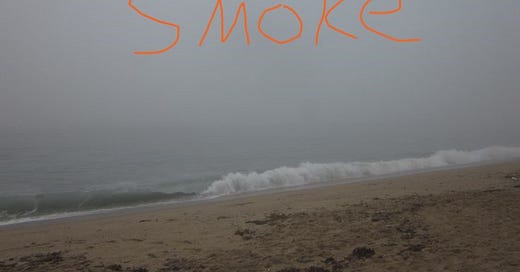I exist eyes in a container. The container is a body. The body is me, buoyant, bobbing: an ocean of feeling, fantasy, fear. I pain. The pain comes in pings, against the container, leaving no trace but the inner recoil. The world’s messaging. In the container — the body — that is me, the temperature rises and falls. The eyes look around. They watch.
Robert forms a mouth. Fast mouth on a small boy. He’s what people call a leader. Kids are always around him. Robert is short. I am tall. We are both 10 years old. Robert has read Catch 22. Yossarian is his hero, he says, because he sees how absurd it all is. He shares this thought with the school cafeteria worker, a black man, who doesn’t really respond but keeps arranging the chairs at the tables. Many of the students in our school are black. Many are Jewish, like Robert and me. Many are Italian and Irish and Polish and all sorts of things. Where I moved from a few months ago everyone was Jewish. A lot of the kids don’t like me yet. They th…
Keep reading with a 7-day free trial
Subscribe to Homo Vitruvius by A. Jay Adler to keep reading this post and get 7 days of free access to the full post archives.





